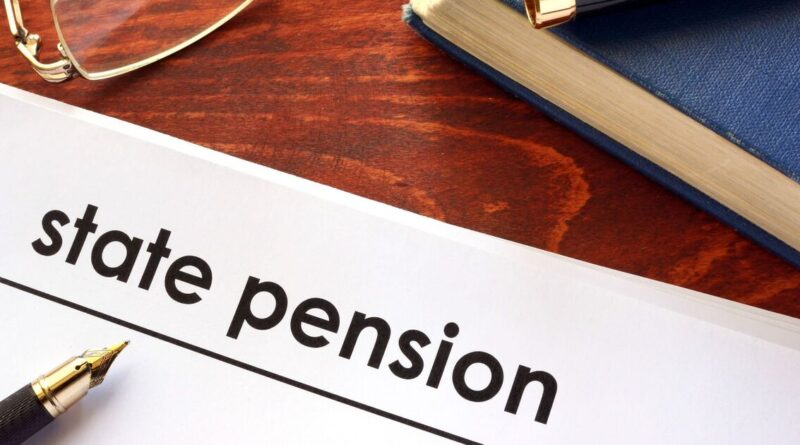State pension age must go up to 74 Labour told as review launched | Personal Finance | Finance
A review of the state pension age has been launched by Labour Work and Pensions Secretary Liz Kendall today – just weeks after the Government was told it may need to raise it to 74.
Liz Kendall has today ordered a review of the state pension age to consider whether the current state pension age of 66 is still ‘appropriate’. The Government is required to review the state pension age every six years, but the last one took place in 2023, so the decision has been taken early.
It comes just two weeks after financial think tank the Institute for Fiscal Studies warned that the age may need to rise as high as 74 by 2068 due to financial challenges.
The IFS’ new report, The Pensions Review: Final Recommendations, provides urgent advice for the government now and in the near future.
In it, the think tank warns that the state pension age will need to rise to 69 by 2048 and all the way up to 74 by 2068 unless measures are taken to cut spending on state pensions, such as abolishing the triple lock. The IFS says the issue is caused by several factors, including increased life expectancy. Currently, the state pension age is 66 for both men and women, though it’s due to rise to 67 in 2026.
The IFS report says: “The state pension age was 65 for men and 60 for women from 1940 to 2010. Since 2010, it has risen to age 66 for both. Longevity at older ages during the late 20th century and early 21st century has increased dramatically.
“For example, between 1975 and 2020, life expectancy of men at age 50 increased by eight years, while the state pension age (for men) increased by just one year, meaning that the time for which men aged 50 could expect to receive the state pension increased by seven years.”
Labour, in its manifesto, committed to keeping the state pension triple lock in place, and as seen with the winter fuel payments furore, any possible changes to pension-age benefits are likely to be met with serious kickback.
However, the IFS, in its report on Wednesday, July 2, urged the government to make changes to state pensions to avoid drastic increases to the state pension age.
It said: “Modelling in the 2022 Independent Review shows that the increases in the state pension age required to keep spending on the state pension below a certain level of national income would also have to be substantial. That modelling shows that to keep public spending on the state pension below 6% of national income while retaining the triple lock, the state pension age would have to rise to 69 by 2048–49 and 74 by 2068–69.
“While we think that the state pension age should rise as longevity at older ages rises, but not by the whole increase in longevity, this still leaves room for different political parties to prioritise increasing, or holding down, the state pension age to different extents. Our proposal is also consistent with, for example, the principle of keeping the ratio of adult life spent above the state pension age constant.”
But today, in a speech in West London, DWP Work and Pensions Secretary Liz Kendall said she would review the state pension age and revive the Pension Commission to investigate why future pensioners will be poorer than today’s.
She said: “Just because pensioner poverty has fallen does not mean all the problems have gone away.
“Far from it. Women who are now approaching retirement have half the private pension wealth of men, so the average woman in her late 50s can expect a private pension income of just over £100 a week, compared to £200 a week for men.
“Only one in five of the self-employed are saving into a private pension, down from half in the late 1990s, meaning over 3 million self-employed people aren’t saving anything at all for their retirement.”
She added: “Put simply, unless we act, tomorrow’s pensioners will be poorer than today’s, because people who are saving aren’t saving enough for their retirement.
“And crucially, because almost half of the working age population isn’t saving anything for their retirement at all.”





